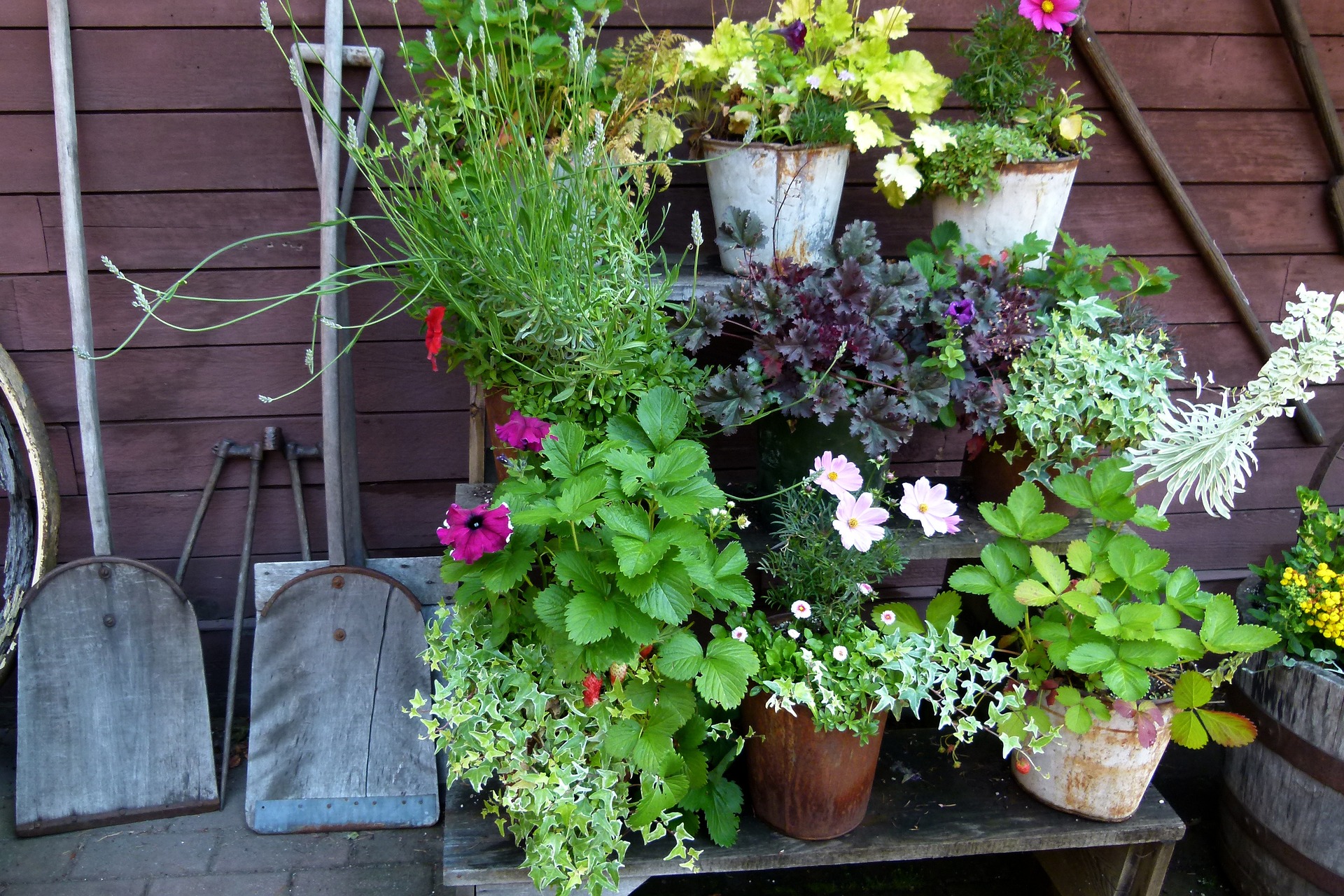The Beauty and Benefits of Gardens: Nurturing Nature in Your Own Space
Gardens have long been cherished spaces for relaxation, creativity, and connection with nature. Whether you have a sprawling backyard or a small balcony, creating a garden can bring numerous benefits to your life and the environment. This article explores the various aspects of gardening, from its positive impacts on mental health to its role in supporting local ecosystems.

What are the environmental benefits of maintaining a garden?
Gardens play a crucial role in supporting local ecosystems and biodiversity. By planting a variety of flowers, herbs, and vegetables, you create habitats for pollinators like bees and butterflies, which are essential for the health of our planet. Gardens also help improve air quality by absorbing carbon dioxide and releasing oxygen. Additionally, they can reduce soil erosion and provide natural cooling effects in urban areas, combating the heat island effect.
How can you start a garden in a small space?
Contrary to popular belief, you don’t need a large yard to enjoy the benefits of gardening. Container gardening is an excellent option for those with limited space. Balconies, windowsills, and even indoor spaces can be transformed into thriving gardens with the right approach. Vertical gardening techniques, such as using wall-mounted planters or trellises, can maximize space efficiency. Herbs, small vegetables, and compact flower varieties are ideal for small-space gardens, providing both beauty and functionality.
What are some low-maintenance plants for beginner gardeners?
For those new to gardening, starting with low-maintenance plants can build confidence and ensure success. Succulents and cacti are excellent choices, as they require minimal watering and care. Hardy perennials like lavender, daylilies, and black-eyed susans are also great options, as they return year after year with little effort. For indoor spaces, consider plants like pothos, spider plants, or snake plants, which thrive in various light conditions and are forgiving of occasional neglect.
How can you create a sustainable and eco-friendly garden?
Creating an eco-friendly garden involves more than just planting; it’s about adopting sustainable practices. Composting kitchen scraps and yard waste can provide nutrient-rich soil for your plants while reducing landfill waste. Implementing water conservation techniques, such as using mulch to retain moisture and installing rain barrels to collect rainwater, can help minimize water usage. Choosing native plants adapted to your local climate can reduce the need for excessive watering and pesticides. Additionally, avoiding chemical fertilizers and opting for organic gardening methods can protect beneficial insects and maintain soil health.
What are the best tools and resources for garden planning?
Successful gardening often begins with proper planning and the right tools. Garden planning apps and online design tools can help you visualize your space and choose the best layout for your plants. Essential tools for beginners include a good pair of pruning shears, a sturdy trowel, and gardening gloves. As you become more experienced, you might invest in specialized tools like a pH soil tester or a composting bin. Local gardening clubs, cooperative extension services, and community gardens are excellent resources for advice, plant swaps, and connecting with fellow gardening enthusiasts.
Gardens offer a multitude of benefits, from improving personal well-being to contributing to environmental sustainability. Whether you’re a seasoned gardener or just starting, the joy of nurturing plants and creating your own green space is accessible to everyone. By incorporating gardening into your life, you not only cultivate beautiful flowers and delicious produce but also foster a deeper connection with nature and your community.






